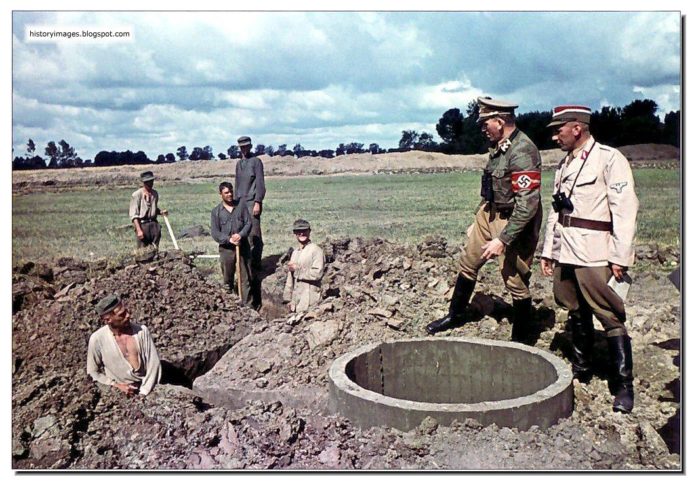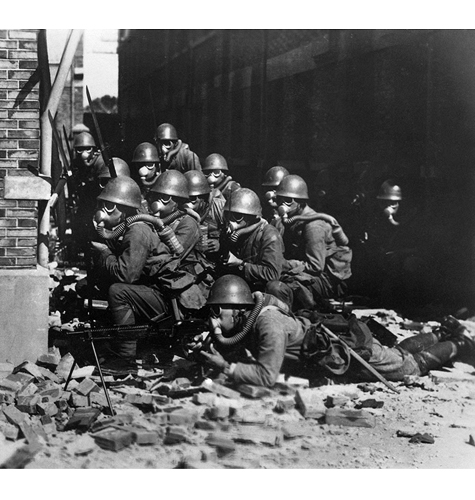NATO’s new troop deployments near Russia aim to create a “tripwire” deterrent to reassure the Baltic States, but at the same time create a security dilemma, as Russia feels pressured to do the same, Paul Saunders, Executive Director of the Center for the National Interest, told valdaiclub.com in an interview.
“The decision on the troops is essentially a decision to try to create a symbolic tripwire, particularly in the Baltic States that would make very clear that the US and other countries committing to provide troops are standing behind the Article 5 guarantee. From that perspective, the numbers are much less important than the fact that there would be American, British or German troops in these countries,” Saunders said.
He noted that past Russian conduct in the region created alarm, and that the alliance is in part crafting a response to the Russian actions, based on various members’ concerns.
“There are multiple elements to it, and probably, the ultimate aim is a bit different, depending on who you ask. It is an alliance with 28 members and they all have their own perspectives. From a NATO perspective, there is a number of members who have been alarmed by Russian conduct, and there’s a concern that there may be some future Russian military action in Europe,” Saunders added.
With the Russian response to the actions, however, the benefits of such a strategy are less clear. According to Saunders, this is part of a security dilemma, in that measures to raise the Baltics’ security also lead to new risks for them.
“It is an inherent problem in any situation like this, that all sides are going to have different perspectives and points of view. Setting aside these specific deployments, the Russian perspective on NATO’s enlargement and its broader pattern of deployments is fundamentally different from the perspective that most people have in the West. From a political science perspective, it’s a classic security dilemma situation, where each side takes steps that it feels are necessary to its security, and those steps contribute to a sense of insecurity on the other side,” he added.
Concerning the anti-missile installation in Romania, Saunders noted that the missile system is in line with both US concerns about missile proliferation in the Middle East and individual states’ desire for a “tripwire” deterrent.
“There is clearly a continuing concern in the West about Iran. Obviously, there was a deal on nuclear weapons, but it is not a permanent agreement, it’s time-limited. It does not address every concern that many people in the United States have, so the deployment certainly is intended to address that. There is a broader American concern about the proliferation of missiles in the Middle East in general, and that is also an element of what’s happening,” Saunders said.
Saunders also compared the current situation to that of a decade ago, saying that Poland previously rejected a missile defense system on its territory.
“In the past, when the Bush administration came up with its initial missile defense plan, Poland actually did not want to host the missiles. There was a sense, at that time, on the part of the Polish government, that this was potentially provocative and that it might actually create greater security risks for Poland. Part of the original agreement with the Bush administration was that the latter would also do other things to help reassure and protect Poland. Obviously, we are not on that plane anymore, but it illustrates how countries in the region can have different perspectives,” Saunders concluded.
Pubblicazione gratuita di libera circolazione. Gli Autori non sono soggetti a compensi per le loro opere. Se per errore qualche testo o immagine fosse pubblicato in via inappropriata chiediamo agli Autori di segnalarci il fatto è provvederemo alla sua cancellazione dal sito









